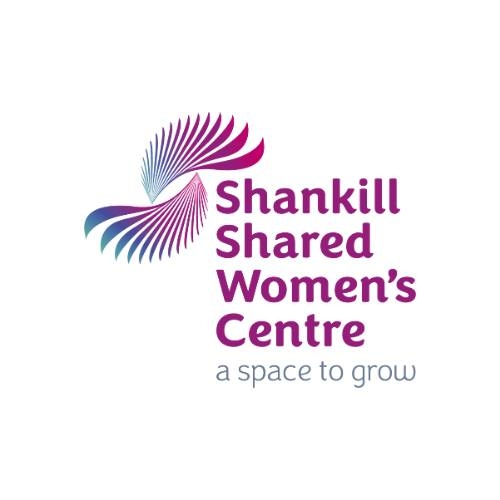
The Shankill Shared Womens Centre (SSWC), located in North and West Belfast, is far more than a local service provider; it is a vital, purpose-built center for cross-community healing, female empowerment, and socio-economic development. Since its formation in 1987, the organization has evolved from a small, locally-based educational group into a flagship provider of training, health awareness, and family support, extending its reach beyond the immediate Shankill community to serve women and their families from all backgrounds and traditions across Belfast and beyond.
The Centre's mission is succinctly captured in its aspiration to be: "A space to educate, empower and enhance the well-being of women and their families." This commitment is rooted in the recognition that empowering women—particularly in post-conflict or disadvantaged areas—is the most effective catalyst for broader community stability and progress.
A cornerstone of the SSWC's identity is its designation as a "Shared Women’s Centre." In the context of Northern Ireland, the concept of a shared space is politically and socially significant, representing a deliberate effort to break down sectarian barriers and foster genuine reconciliation. The Centre is strategically designed to be a welcoming, safe, and accessible haven where women from all communities can meet, work, and learn side-by-side, free from the historical divisions that have marked the region.
The Centre's work embodies the principle of reconciliation, moving beyond mere tolerance to genuine cooperation and shared learning.
Education remains the bedrock of the SSWC’s operation. The Centre is committed to providing pathways for women to acquire new skills, gain formal qualifications, and increase their employability. Their academic and vocational offerings are extensive, catering to a wide range of needs and aspirations:
By providing these educational opportunities, the SSWC directly challenges cycles of educational underachievement and economic inactivity, fostering self-reliance and empowerment among its participants.
The SSWC understands that personal and family well-being is intrinsically linked to a woman’s ability to participate in education and the economy. Therefore, the Centre provides crucial, wrap-around services that address the holistic needs of its users:
The Centre is a vibrant nexus for social activity, offering its facilities for booking and actively involving the community through volunteering opportunities, reinforcing its role as a key piece of social infrastructure in the city.
In conclusion, the Shankill Shared Women's Centre is an inspiring model of integrated social development. It stands as a beacon of hope and progress in Belfast, demonstrating that a focus on women's education and empowerment, combined with a committed cross-community approach, can effectively drive both social reconciliation and long-term economic well-being for entire urban regions.